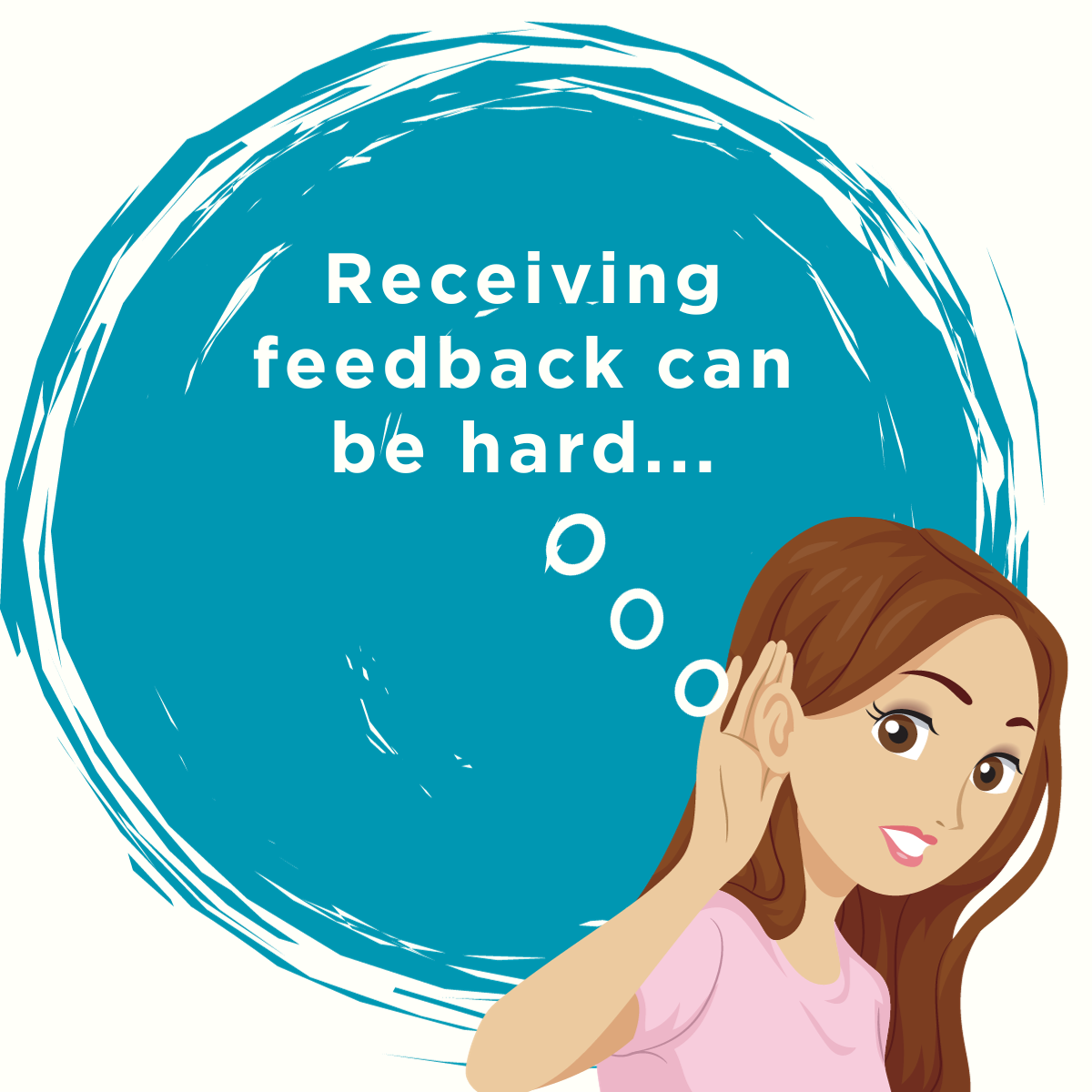
The art of receiving feedback
Receiving feedback can be difficult, and is often unsolicited. However, feedback can be a gift, to help you reach your full potential.
Hirsch, J. (2019). The Joy of Getting Feedback. Ted Talk. Retrieved from https://www.youtube.com/watch?v=h4zNEl7XgXI
Some guidelines for learning to embrace feedback.
Be Open and Accept Someone Else’s Perspective – In order for someone’s feedback to help you grow and develop personally and professionally, you must be open to hearing and accepting what they have to say.
Embrace the Discomfort – Receiving feedback can be uncomfortable. Accept that fact, and then embrace another person’s perspective.
Ask for More Information, Examples, and Clarifying Questions – Don’t hesitate to dig into the feedback. Ask questions to make sure that you understand the feedback. Request specific examples of where you are doing well and where you have room for improvement.
Remember – Feedback Doesn’t Mean you’re Awful – Everyone has something to improve upon. Having someone in your life willing to give you constructive feedback is a gift. Embrace the feedback. Feedback is simply an opportunity to grow and improve who you are as a person.
Give yourself feedback
Don’t forget, you can also give yourself feedback. However, self-evaluations can be difficult for a number of reasons. A person may think their performance was effective and therefore doesn’t warrant any critique. In contrast, someone may be overly harsh, which can negatively affect self-efficacy. The key to effective self-evaluation is to identify strengths and weaknesses, to evaluate yourself within the context of the task, and to set concrete goals for future performance.
Identify strengths and weaknesses. We have a tendency to be our own worst critics, so steer away from nit-picking or focusing on one aspect of your performance that really annoys you.
Evaluate yourself within a context. If you are asked to speak about your personal life in a creative way, don’t spend the majority of your self-evaluation critiquing your use of gestures. People have a tendency to overanalyze certain aspects of their performance, which usually only accounts for a portion of their overall effectiveness or productiveness, and under analyze other elements that have significant importance.
Set goals for next time. Goal setting is important because most of us need a concrete benchmark against which to evaluate our progress. Once goals are achieved, they can be “checked off” and added to our ongoing skill set, which can enhance confidence and lead to the achievement of more advanced goals.
Revisit goals and assess progress at regular intervals. We will not always achieve the goals we set, so it is important to revisit our goals periodically to assess our progress. If you did not meet a goal, figure out why and create an action plan to try again. If you did achieve a goal, try to build on that confidence to meet future goals.

